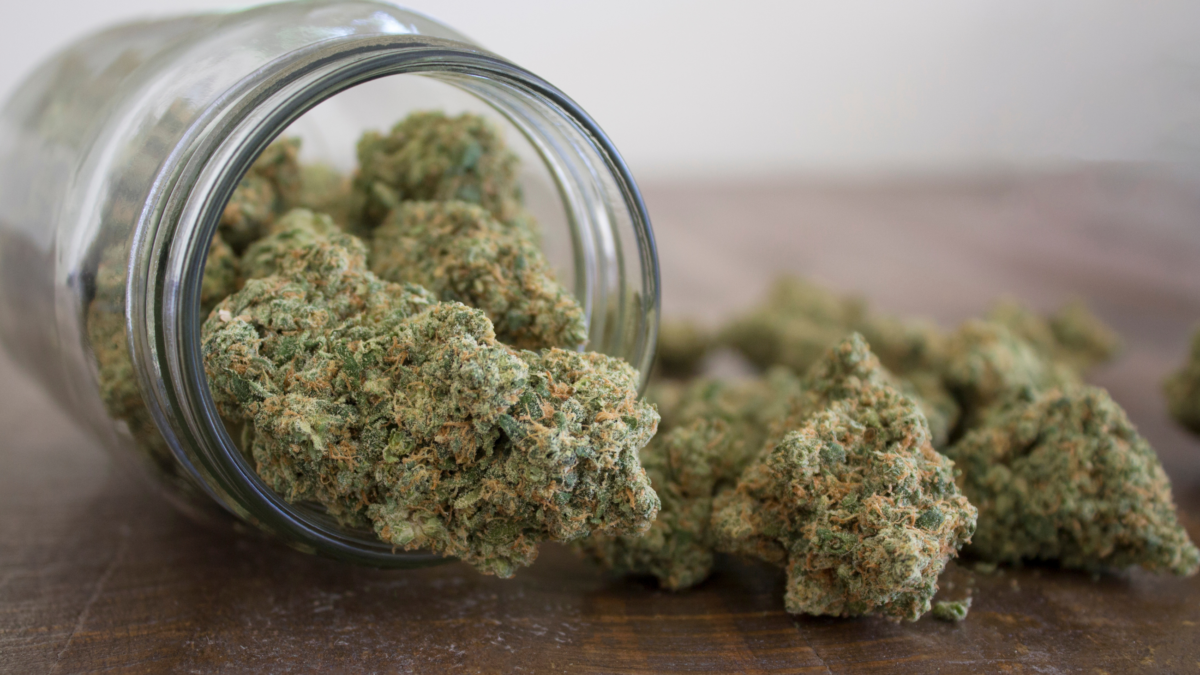
60 Day Lemon Marijuana Strain
Introduction
60 Day Lemon is an intriguing marijuana strain known for its rapid flowering cycle and distinctive lemon-flavored aroma. As its name suggests, this strain is famed for its incredibly short flowering time, making it a favorite among growers who seek a quick turnaround without compromising on quality. In this comprehensive guide, we’ll delve into the origins, genetics, cultivation tips, effects, and medicinal benefits of 60 Day Lemon marijuana strain.
1. Origins and Genetics
The 60 Day Lemon strain is a result of careful breeding and selection processes, aimed at creating a fast-flowering, flavorful cannabis variety. The exact origins of this strain are somewhat debated, but it is believed to be a hybrid of Lemon Skunk and an unknown Ruderalis strain. Lemon Skunk is renowned for its tangy lemon scent and potent effects, while Ruderalis is an autoflowering subspecies of cannabis that brings rapid flowering capabilities to the mix.
The combination of these genetics resulted in a strain that retains the lemony characteristics of Lemon Skunk while incorporating the autoflowering trait from Ruderalis. This genetic makeup makes 60 Day Lemon an appealing choice for both experienced cultivators and beginners looking for a rewarding and efficient growing experience.
2. Cultivation
2.1 Growing Difficulty
One of the significant advantages of the 60 Day Lemon strain is its ease of cultivation. Novice growers can achieve successful results with this strain, as it is relatively forgiving and resistant to common pests and diseases. The plant’s short life cycle also means it spends less time in vulnerable stages, reducing the risk of encountering problems during the growth process.
2.2 Growing Environment
60 Day Lemon can be grown both indoors and outdoors. Indoor cultivation allows for more control over the growing environment, resulting in potentially higher yields and better quality buds. It is recommended to use a well-ventilated grow room with proper lighting, temperature, and humidity control to maximize the plant’s potential.
For outdoor cultivation, 60 Day Lemon performs best in a warm and sunny climate. However, its rapid flowering cycle makes it adaptable to cooler climates, where it can be harvested before colder weather sets in. Outdoor growers should ensure the plant receives ample sunlight and protection from excessive rainfall and humidity.
2.3 Germination and Seedling Stage
To start the cultivation process, germinate 60 Day Lemon seeds using your preferred method. Once the seeds have sprouted, transfer them to a suitable growing medium, such as a high-quality soil mix or hydroponic system. Keep the seedlings under a light cycle of 18 hours of light and 6 hours of darkness for the initial vegetative growth.
2.4 Vegetative Stage
During the vegetative stage, the plant will focus on developing its root system and building its structure. Provide the seedlings with sufficient nutrients and water, and consider using organic fertilizers to enhance the overall taste and aroma of the final product. Training techniques such as topping or low-stress training (LST) can be applied to promote bushier growth and maximize light penetration.
2.5 Flowering Stage
The flowering stage is where the magic happens with 60 Day Lemon. Unlike regular photoperiod strains, which require a change in light cycles to initiate flowering, 60 Day Lemon automatically starts to bloom after a certain period, typically around 4 to 5 weeks from germination. This autoflowering trait is what sets it apart from other strains and makes it perfect for growers seeking a quick turnaround.
During the flowering stage, the plant will produce aromatic lemon-scented buds that will continue to develop until harvest. Ensure the plant receives sufficient nutrients, particularly those high in phosphorus and potassium, to support bud formation.
2.6 Harvesting
The short flowering time of 60 Day Lemon means it can be harvested just two months after germination. As the buds mature, the lemon scent becomes more pronounced, signaling that the plant is ready for harvest. Use a magnifying glass to inspect the trichomes on the buds; when they have turned cloudy or milky and a few have started to turn amber, it’s the ideal time to harvest.
3. Effects and Medicinal Benefits
3.1 Effects
60 Day Lemon is renowned for its uplifting and energizing effects. The high typically starts with a burst of euphoria, enhancing mood and creativity. Users may experience increased focus and motivation, making it a suitable strain for daytime use or productive activities. As the high progresses, a sense of relaxation sets in, leaving users feeling content and at ease.
3.2 Medicinal Benefits
This strain has several potential medicinal benefits due to its balanced cannabinoid profile and terpene content. Some of the reported therapeutic effects include:
- Stress and anxiety relief: The uplifting and euphoric effects of 60 Day Lemon can be beneficial in managing stress and anxiety-related symptoms.
- Mood enhancement: The strain’s ability to elevate mood may help individuals dealing with depression or low mood.
- Pain management: Some users find relief from mild to moderate pain and headaches after using 60 Day Lemon.
- Appetite stimulation: Like many cannabis strains, 60 Day Lemon may induce hunger, making it useful for individuals experiencing appetite loss or eating disorders.
Conclusion
60 Day Lemon marijuana strain offers a delightful combination of rapid growth, lemony aroma, and well-balanced effects. Its autoflowering genetics make it a favorite among growers seeking a quick harvest without sacrificing quality. Whether you are an experienced cultivator or a beginner, 60 Day Lemon is a strain worth considering for its ease of cultivation and rewarding results. As always, responsible consumption and adherence to local laws and regulations are essential when engaging with any cannabis product. Happy growing and enjoy the lemony goodness of 60 Day Lemon!
- 60 Day Lemon Marijuana Strain - September 23, 2023

